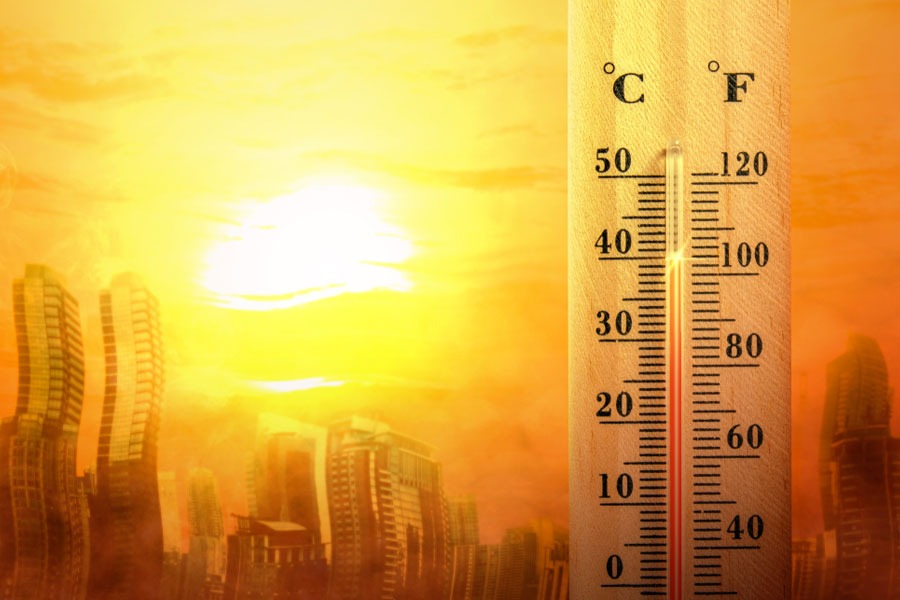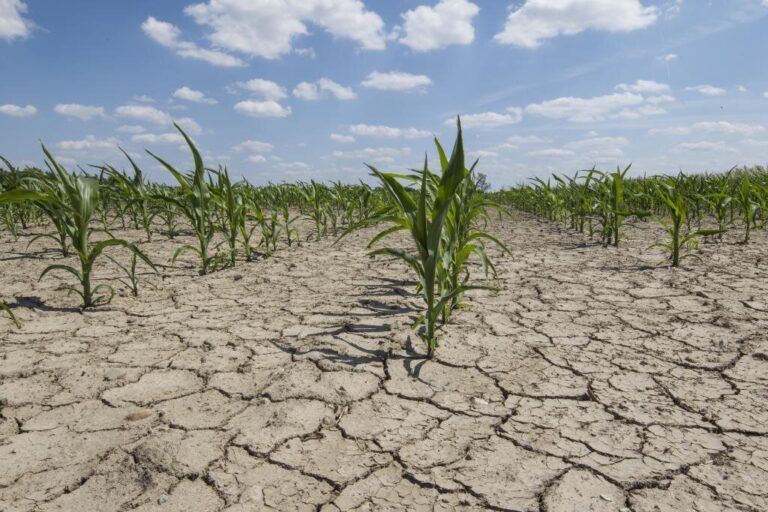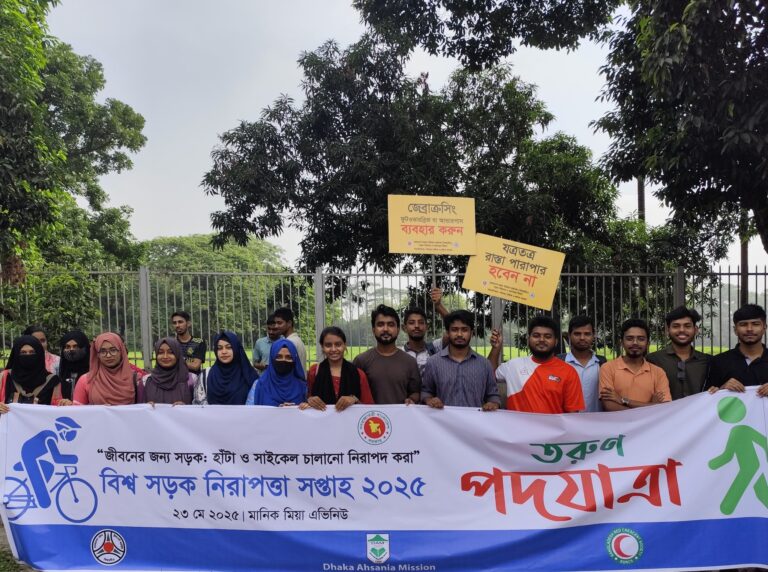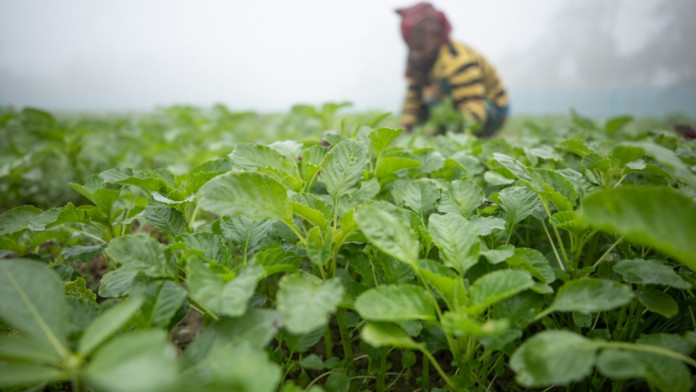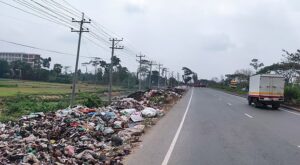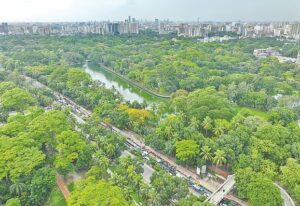As heatwaves grip parts of Bangladesh yet again, health experts are sounding the alarm on how best to prepare and protect ourselves. The International Centre for Diarrhoeal Disease Research, Bangladesh (ICDDR,B) has issued a timely set of practical guidelines to help citizens cope with extreme heat conditions that are becoming more frequent due to climate change.
While summer temperatures in Bangladesh have always varied with the seasons, recent years have seen an unusual rise in the number of extreme hot days. Experts now emphasize the importance of adapting daily habits—including what we eat, what we wear, and what we avoid—based on the temperature scale.
Below is a breakdown of ICDDR,B’s expert recommendations categorized by temperature range:
Temperature: 30–34°C
What to Eat:
-
Light and easily digestible meals like rice with vegetables
-
Fresh fruits such as watermelon, cucumber, and oranges
-
Drink 2–2.5 liters of water daily
What to Wear:
-
Light-colored, breathable cotton clothing
-
Use an umbrella or cap when outdoors
Avoid:
-
Excess oily and spicy foods
-
Direct sun exposure during noon
Temperature: 35–38°C
What to Eat:
-
Hydrating liquids: ORS, coconut water, lemon juice
-
Buttermilk, lassi, or light yogurt
-
Avoid meat-heavy meals during lunch
What to Wear:
-
Loose-fitting, sweat-absorbent clothes
-
Sunglasses and wide-brimmed hats
Avoid:
-
Outdoor work from 11 AM to 4 PM
-
Sugary soft drinks and caffeinated beverages
Temperature: 39°C and Above (Severe Heatwave)
What to Eat:
-
High-water-content fruits: pineapple, papaya, grapes
-
Boiled vegetables over fried or grilled options
-
Increase water intake to 3 liters or more
What to Wear:
-
Damp towel or scarf on the head or neck
-
Light, full-sleeve clothes to avoid direct sunburn
Avoid:
-
All outdoor physical activity during peak heat hours
-
Non-ventilated rooms without fans or AC
-
Alcohol and smoking, which dehydrate the body further
Special Precautions for Vulnerable Groups
-
Elderly and Children: Ensure they are hydrated regularly
-
Pregnant Women: Avoid outdoor travel during peak hours
-
Outdoor Workers: Provide shaded rest areas and schedule frequent breaks
Expert Advice from ICDDR,B
ICDDR,B researchers highlight that climate change has dramatically increased both the frequency and intensity of heatwaves. These rising temperatures are not just uncomfortable—they pose serious health threats including dehydration, heatstroke, and respiratory stress.
“Preparedness is key. We need a public health response system that educates people about heatwave safety at the community level,” the institution advised.
Community Awareness is Essential
While these health tips offer personal protection, systemic change is vital. Municipalities and employers must take responsibility by:
-
Creating shaded public areas
-
Ensuring clean drinking water in marketplaces
-
Adjusting school and work timings during extreme heat
As the climate crisis intensifies, knowledge and adaptation are our best tools. Let’s take heatwave safety seriously—because the heat isn’t just rising; so are the risks.
Source: ICDDR,B

